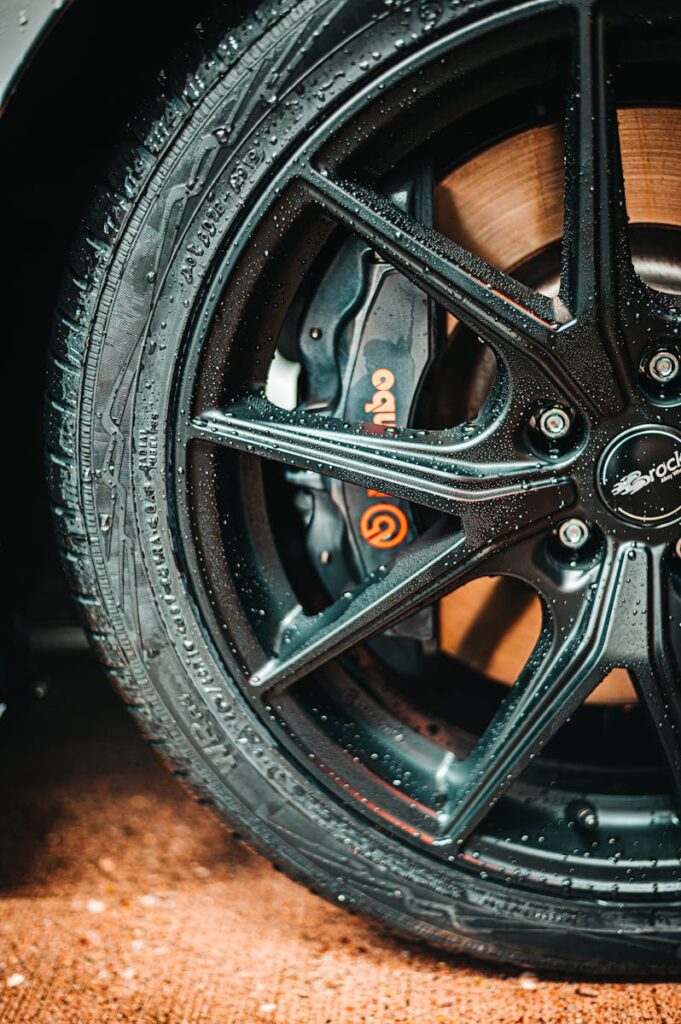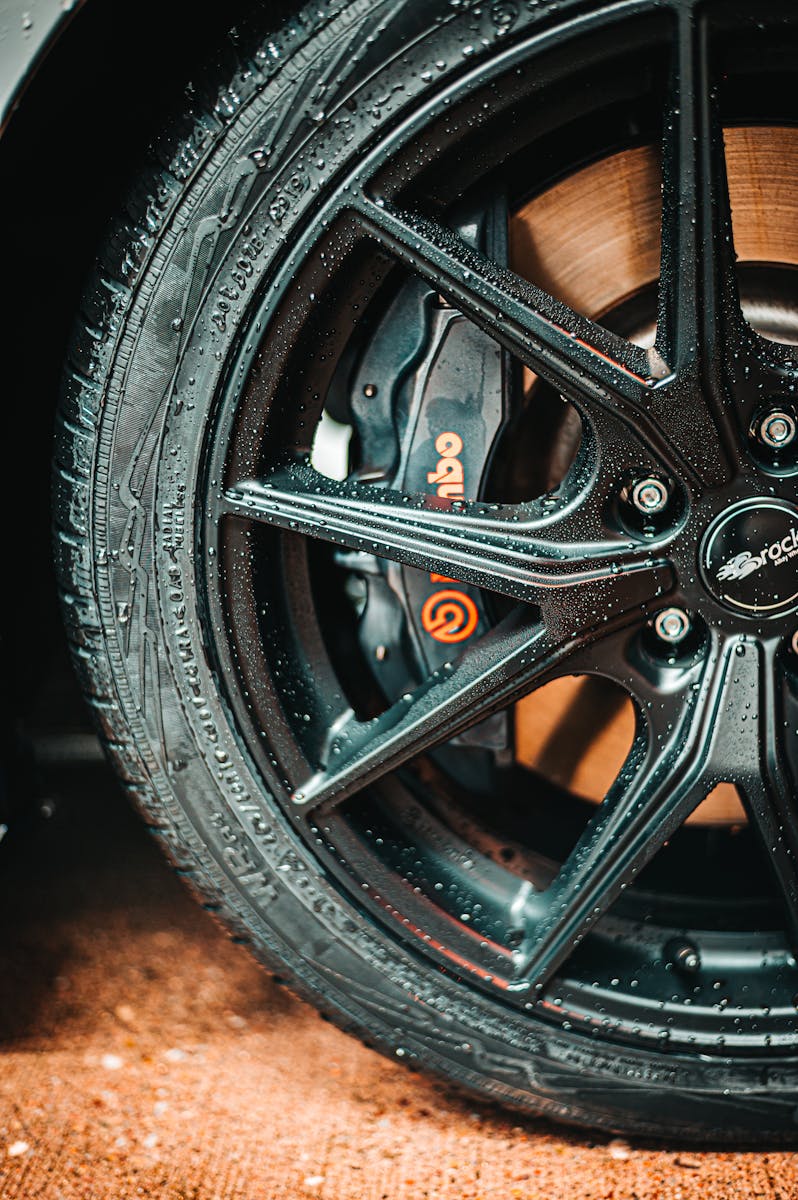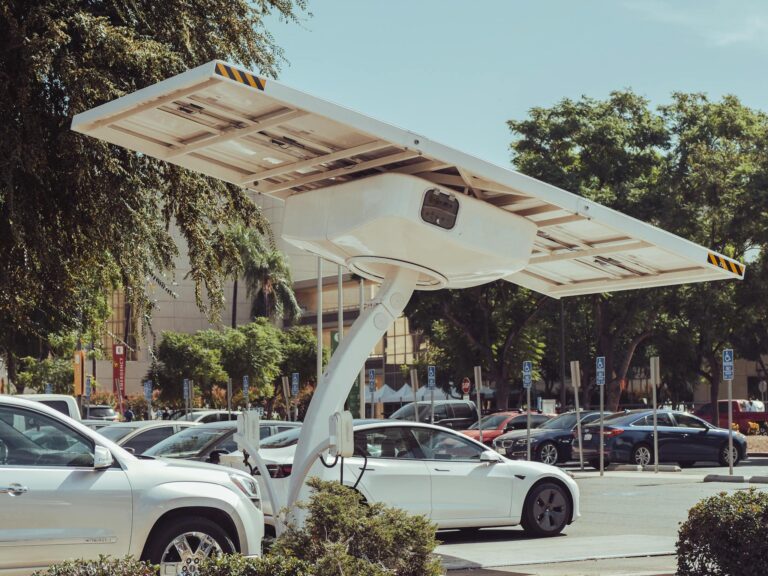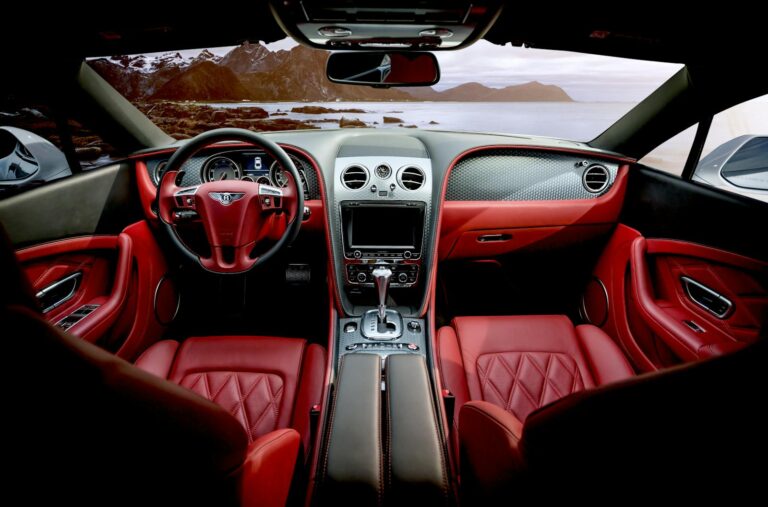From TikTok to Test Drives: How Gen Z is Changing Car Buying
The automotive industry is experiencing its most significant transformation since Henry Ford’s assembly line, and this time, it’s being driven by the swipe-savvy fingers of Generation Z. Born between 1997 and 2012, these digital natives are reshaping everything from how cars are researched to how they’re purchased. With $360 billion in buying power and an estimated 32% of Gen Z planning to buy a vehicle in the next two years, their influence is forcing traditional automakers and dealerships to radically rethink their approach. Gone are the days of glossy brochures and pushy salespeople – today’s car-buying journey is more likely to start with a TikTok video than a test drive. This seismic shift is creating waves across the automotive landscape, from the rise of virtual showrooms to the increasing demand for sustainable vehicles that look good on social media feeds.

Digital-First Research: The New Car Buying Journey
Gone are the days when potential car buyers would spend their weekends hopping from dealership to dealership. Today’s Gen Z car shoppers are more likely to swipe through TikTok videos and YouTube reviews before ever setting foot in a showroom. According to a recent J.D. Power study, 85% of Gen Z car buyers conduct their initial vehicle research exclusively through social media platforms, with TikTok’s #CarTok amassing over 50 billion views.
Unlike their millennial predecessors, Gen Z relies heavily on micro-content and user-generated reviews. “The authenticity of real owners sharing their experiences carries more weight than traditional marketing,” says automotive analyst Sarah Martinez. A typical Gen Z car buyer watches between 20 to 30 vehicle-related social media videos before creating their shortlist.
The Impact of Influencer Reviews
- 73% of Gen Z buyers trust influencer reviews over traditional car magazines
- Average viewing time of car-related content: 2.5 hours before purchase
- Top platforms: TikTok (42%), YouTube (38%), Instagram (20%)
This digital-first approach has fundamentally altered the traditional sales funnel. Dealerships report that Gen Z buyers arrive more informed and with specific questions about features they’ve seen online. The average time spent at dealerships has dropped from 4 hours to just 90 minutes, with many young buyers using their smartphones to fact-check information in real-time.
Social Media’s Role in Decision Making
When it comes to making final decisions, Gen Z buyers show a distinct pattern. They typically follow a three-step digital process:
- Discovering vehicles through short-form video content
- Deep-diving into specific models through long-form YouTube reviews
- Validating choices through peer reviews and owner forums
The shift has forced automakers to adapt their marketing strategies. Brands like Ford and Toyota now allocate 40% of their marketing budgets to social media content, with a particular focus on authentic, unscripted content that resonates with younger buyers. This transition marks a significant departure from the polished television commercials that once dominated automotive marketing.
Sustainability Meets Style: Gen Z’s Vehicle Priorities
When it comes to vehicle preferences, Gen Z buyers are rewriting the rulebook. This generation isn’t just looking for sleek designs or powerful engines – they’re demanding sustainability credentials alongside Instagram-worthy aesthetics. A recent McKinsey study reveals that 76% of Gen Z car buyers rank environmental impact as a “very important” factor in their purchasing decisions, compared to just 34% of Baby Boomers.
The rise of eco-conscious vehicles doesn’t mean compromising on style. Take the 2024 Tesla Model Y, which combines zero emissions with minimalist design elements that dominate Gen Z social feeds. With its dual-motor setup delivering 384 horsepower while maintaining a 330-mile range, it exemplifies the perfect balance of performance and sustainability that young buyers seek.
Key Features Gen Z Demands
- Advanced driver assistance systems (ADAS)
- Integrated smartphone connectivity
- Zero or low emissions powertrains
- Customizable ambient lighting
- Sustainable interior materials
Popular Eco-Friendly Models Among Gen Z
Model | Base Price | Range | Sustainability Features
Tesla Model 3 | $38,990 | 272 miles | Vegan leather, solar roof option
Hyundai IONIQ 5 | $41,450 | 303 miles | Recycled interior materials
Kia EV6 | $42,600 | 310 miles | Bio-based plastics
The Aesthetic Factor
While environmental consciousness drives purchase decisions, Gen Z buyers won’t compromise on design. Interior aesthetics play a crucial role, with 82% citing “Instagram-worthy” interiors as a significant factor. Manufacturers are responding with features like:
- Customizable ambient lighting systems
- Panoramic glass roofs
- Sustainable yet premium materials
- Clean, minimalist dashboard designs
Beyond Traditional Green
Gen Z’s interpretation of sustainability extends beyond just the powertrain. They’re looking at:
- Manufacturing processes
- Supply chain transparency
- End-of-life recyclability
- Corporate environmental commitments
“We’re seeing a fundamental shift in how young buyers view luxury,” notes Joseph Chen, Senior Editor at CarsInsiders.com. “It’s no longer about leather seats and wood trim – it’s about sustainable materials and transparent manufacturing processes that they can feel good about sharing on their social platforms.”
The impact of this shift has prompted traditional manufacturers to revamp their lineups. BMW’s i4, for instance, now features recycled ocean plastic in its interior panels, while Volvo commits to full electrification by 2030. These changes reflect a growing understanding that for Gen Z, environmental responsibility is non-negotiable.
Virtual Showrooms and Digital Dealerships
The traditional dealership experience is undergoing a radical transformation, driven by Gen Z’s digital-native expectations. According to a 2023 Deloitte automotive survey, 67% of Gen Z car buyers prefer to complete most of their car-buying process online, with 45% stating they would purchase a vehicle entirely through digital channels if given the option.
Major automotive retailers are responding to this shift with innovative digital solutions. CarMax’s new virtual showroom platform, for instance, offers 360-degree vehicle tours and AI-powered vehicle inspection reports, allowing buyers to examine every detail of their potential purchase from their smartphones. “The physical dealership is becoming more of a validation point than a starting point,” explains Joseph Chen, who recently test-drove this digital-first approach at several leading dealerships.
Revolutionary Digital Tools
- Virtual reality test drives
- AI-powered vehicle customization
- Live video walkthroughs with product specialists
- Digital paperwork processing
- Contactless delivery options
The Impact on Traditional Dealerships
Traditional dealerships aren’t disappearing – they’re evolving. Modern showrooms now feature:
- Digital display walls
- Interactive touch screens
- Virtual reality stations
- Mobile app integration
- Remote document signing capabilities
Quick Stats: Digital Car Buying
- 78% of Gen Z buyers start their search online
- 52% prefer video chat consultations over in-person meetings
- 91% want to complete financing paperwork digitally
- 64% would purchase without a physical test drive if virtual options are available
The Human Element 2.0
Despite the digital shift, human interaction remains crucial – it’s just taking new forms:
- Online chat support available 24/7
- Virtual product specialists
- Video consultations
- Digital concierge services
- Social media customer service
Future Innovations
Looking ahead, dealerships are investing in next-generation technologies:
- Augmented reality vehicle customization
- Blockchain-based vehicle history tracking
- AI-powered pricing algorithms
- Virtual garage experiences
- Remote vehicle diagnostics
“The key is finding the right balance between digital convenience and human touch,” notes Chen. “Gen Z buyers want the efficiency of digital tools but still value expert guidance – they just want it on their terms and timeline.”
The transformation extends to the post-purchase experience as well. Mobile apps now handle everything from maintenance scheduling to software updates, creating a seamless digital ownership experience that appeals to tech-savvy Gen Z buyers. Many manufacturers have introduced virtual owner’s manuals and AR-powered maintenance guides, further digitalizing the ownership experience.
The Road Ahead: Embracing the Gen Z Revolution
As the automotive industry accelerates into this new era of car buying, one thing is clear: Gen Z’s influence extends far beyond their social media feeds. Their demand for digital convenience, environmental responsibility, and authentic experiences is fundamentally restructuring how vehicles are marketed, sold, and designed. While traditional dealerships won’t disappear overnight, they must evolve to meet the expectations of these tech-savvy consumers who value both pixels and sustainability.
The successful automotive brands of tomorrow will be those that can seamlessly blend digital innovation with environmental consciousness, all while maintaining the authentic voice that Gen Z craves. As Joseph Chen notes, “We’re not just witnessing a generational shift in car buying preferences – we’re seeing the complete reinvention of the automotive retail experience. The brands that understand this aren’t just adapting; they’re thriving.”
Quick Takeaways:
- Digital-first approach is non-negotiable
- Sustainability and style must coexist
- Traditional dealerships must embrace hybrid experiences
- Authentic content drives purchasing decisions






